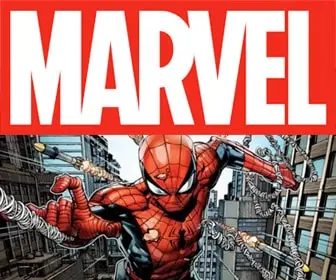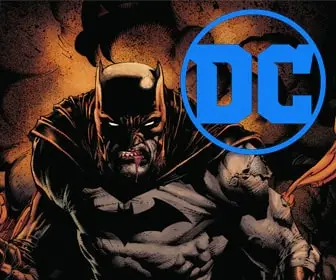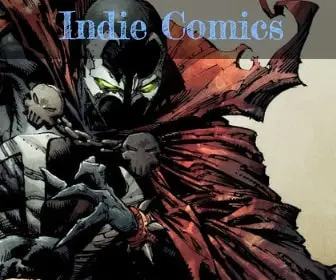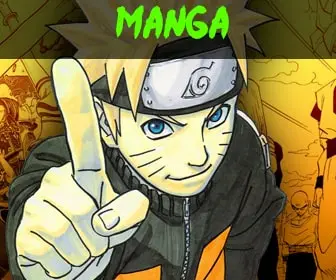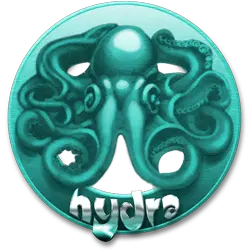
The Blaxploitation Influence on Comics
Groove Thing: The Blaxploitation Influence on Comics
Remember those funky flicks of the 1970s? The ones with tough-talking heroes taking down villains in the heart of the city? We’re talking about Blaxploitation films, a genre that exploded onto the scene, featuring African American actors in lead roles and stories that resonated with Black audiences. These weren’t your typical Hollywood heroes – they were streetwise, independent, and fought for justice on their own terms. But Blaxploitation’s influence wasn’t limited to the silver screen. It turns out, comic books felt the groove too!
In this article, we’ll be digging into how Blaxploitation movies shook things up in the world of comics. Did comic book creators take a page out of the Blaxploitation playbook? Did they create a whole new wave of black heroes inspired by these films? We’ll be diving deep into characters like Luke Cage and Black Panther to see how they reflected the Blaxploitation spirit and the social issues of the 1970s. So, put on your platform shoes and get ready to explore the Blaxploitation influence on comic books!
Blaxploitation & Comic Book Contexts: Not Quite Super Friends
Before Blaxploitation swaggered onto the scene, things weren’t exactly groovy for black characters in comics. Back then, black heroes were few and far between, and if they did exist, they often played sidekick roles or fell into stereotypes. They weren’t exactly the leading men (or women) saving the day.
But then came the Blaxploitation films of the 1970s. These movies featured black actors as the main characters – heroes who were strong, smart, and weren’t afraid to take charge. They were a hit with black audiences, who finally saw themselves reflected on the big screen in a powerful way. This success wasn’t lost on comic book publishers. They realized there was a whole audience out there hungry for stories with black heroes they could root for. And that’s where things got interesting.
Blaxploitation Heroes in Comics: Luke Cage – Hero for Hire with Grit
Let’s talk Luke Cage. This dude burst onto the comic scene in 1972 and quickly became a fan favorite. Now, there’s a reason his story feels ripped straight out of a Blaxploitation film. Luke Cage wasn’t your typical superhero. He wasn’t born with amazing powers or bitten by a radioactive spider. Instead, Cage was an ex-convict framed for a crime he didn’t commit. During a botched experiment, he gained unbreakable skin and super strength. Talk about a rough start with a twist!
Just like the heroes of Blaxploitation movies, Cage wasn’t afraid to get down and dirty. He wasn’t fighting aliens or saving the world from giant robots. Cage patrolled the mean streets, taking on criminals and fighting for justice in his own way. His look was tough too – forget flashy costumes. Cage rocked a streetwise vibe, a reflection of the urban environment he protected.
Now, was Cage popular just because he was a new kind of black hero? Well, that certainly helped. But his success also showed that comic book readers were ready for something different. They craved heroes who weren’t just strong, but who also tackled real-world problems faced by many people in the 1970s. Cage wasn’t just a hero – he was a sign of change in the world of comics.
Beyond the Surface: Blaxploitation Comics Get Real
Blaxploitation comics weren’t just about throwing punches and looking cool. These stories reflected the realities faced by black communities in the 1970s. Issues like poverty, police brutality, and racial tensions weren’t sugarcoated. Comic creators tackled these problems head-on, using their characters to shine a light on the struggles many people faced every day.
Did these comics offer deep social commentary, sparking conversations about important issues? Or did they focus more on action and excitement, borrowing heavily from the Blaxploitation films’ focus on thrills? We’ll explore this question further as we delve deeper into this fascinating chapter of comic book history.
Collectors
Here are 5 comic book issues every fan of Blaxploitation Influence on Comics should own:
- This is the first appearance of Luke Cage, a Blaxploitation-inspired hero who is unbreakable and fights crime on the streets.
- While Black Panther first appeared in 1966, this 1972 issue marked a turning point where the character began to be more closely associated with Blaxploitation themes.
- Blade is a vampire hunter who first appeared in this issue. The character’s dark and gritty tone reflects the Blaxploitation influence.
- This issue features Luke Cage teaming up with Iron Fist, another martial arts-inspired hero. The comic’s focus on urban settings and social issues reflects the Blaxploitation era.
- This issue features the Black Panther, a powerful black superhero. The comic’s bold visuals and action-packed story are reminiscent of Blaxploitation films.
These are just a few of the many comic books that were influenced by the Blaxploitation movement. By reading these issues, you can get a sense of how this genre impacted the world of comics and helped to pave the way for a more diverse and socially conscious superhero landscape.
Legacy and Conclusion: Blaxploitation’s Lasting Groove
The Blaxploitation movement left a permanent mark on the world of comic books. It opened the door for a new wave of diverse heroes and stories that resonated with black readers. Comic book creators began to move away from stereotypes and offer more complex characters who grappled with real-world issues.
The influence of Blaxploitation paved the way for the future of black superheroes. We see this in the rise of iconic characters like Blade and Black Panther, who continue to be some of the most popular heroes today.
So, next time you see a black superhero fighting for justice, remember the Blaxploitation era. It was a time of change and a turning point for how black characters were portrayed in comics. Blaxploitation heroes brought a much-needed dose of coolness and social awareness, forever changing the comic book landscape.









